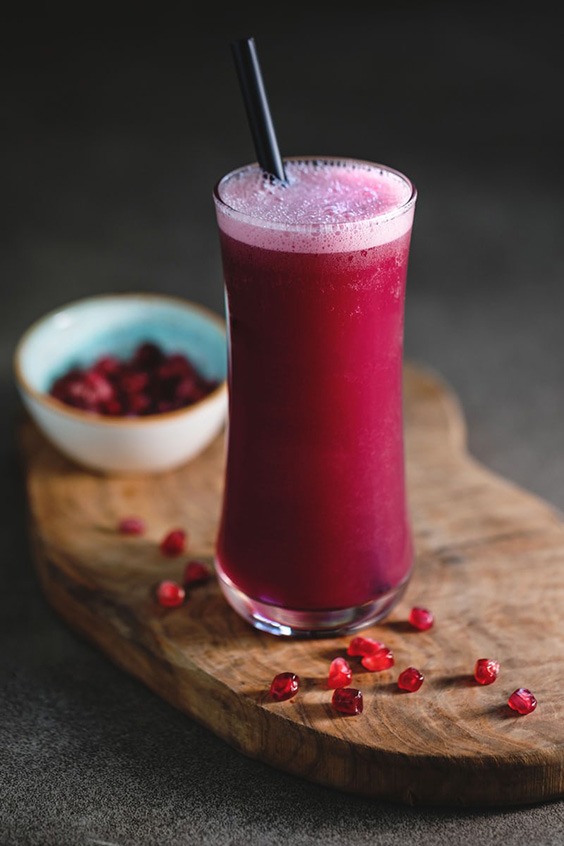How to Protect Yourself Against Infection? Manage Your Stress!
We’re all monitoring the news around coronavirus closely, and like so many companies, we’ve taken steps at our office to protect our physical selves. But what about our emotional selves? The constant news coverage and updates have driven up stress levels worldwide.
That’s why, this week, my blog focuses on how to stay healthy: not just by washing your hands, but also managing and reducing stress. Research proves it! Rather than putting energy into panic, put energy into controlling the controllable. Manage your stress with favorite hobbies and activities that awaken your body. Eat your water to keep your cells healthy and hydrated rather than stress-eating and over-indulging (which can lower your immune system’s defenses). Stay in touch with loved ones to strengthen the relationships that keep you happy. And of course, keep up the good hygiene practices that keep us all safe and healthy 365 days a year.
A healthy body and a healthy mind can be the apple a day that keeps the doctor away.
Yours in good health,
Dr. Murad
Headlines about the coronavirus are everywhere these days, along with warnings to wash one’s hands, sanitize one’s surfaces, and avoid close contact with strangers, or anyone with a cough or fever. Well-advised as they are, all of these headlines add to our daily dose of Cultural Stress. Yet one of the most important ways to stay healthy is to reduce and manage our stress! That’s because acute, traumatic experiences, as well as 24/7 chronic stress, underlie a host of illnesses—some of them fatal. Indeed, some researchers believe that stress is the underlying factor in most life-threatening diseases—even triggering those diseases with a genetic predisposition.
For example, in a study published last fall in the British Medical Journal, researchers compared 144,919 Swedish-born persons diagnosed with stress disorders with a cohort of their full siblings and found that those with stress disorders were also significantly more likely to develop life-threatening infections, including sepsis, endocarditis and meningitis. Researchers also compared individuals with a stress-related disorder with an unaffected general population sample of almost 1.45 million, matched by sex, birth year, and county of birth. Again, stress disorders conferred greater risk for infection.
This is only one of the most recent studies to confirm the harmful health effects of an acute or chronic emotional condition, e.g., stress. Although researchers have yet to determine the specific mechanism(s) by which stress weakens the body’s ability to withstand infection, it appears that severe or prolonged emotional stress results in prolonged release of stress hormones, which lead to impaired immune function and thereby increased susceptibility to infection.
In addition, acute or chronic stress often lead to the adoption of behaviors such as smoking, alcohol, or other drug use. Although these are intended to reduce stress, they also weaken the body’s overall health and immunity and can lead to addiction, which carries its own life-threatening risks.
Stay calm and stay healthy
It’s always a good time to practice calming, stress-reducing activities—such as long, slow breathing through the nose, yoga, meditation, positive affirmations, quiet walks in nature, and indeed, any sport or activity you enjoy. Slow breathing through the nose literally de-activates your sympathetic (fight, flight, or freeze) nervous system and activates the parasympathetic system (rest and digest) nervous system. Exercise, meanwhile, allows the body to discharge stress hormones like adrenaline and cortisol. Plus, exercise is fun, gets you “out of your head” and “into your body,” improves strength, flexibility, circulation, and muscle tone, and, depending on the activity, provides other health benefits. (For example, dancing and team sports build positive social relationships, while quiet walks in nature can be as mentally soothing as meditation.)
Because it can be difficult to meditate—or even focus—when one is stressed, it’s good to develop these practices when life is relatively stable. Then you have them to turn to when you’re feeling a little off-kilter.
And of course, don’t forget the importance of hydration—eating your water—and good nutrition to staying strong and healthy. Food is medicine!
I personally take extra vitamin C and elderberry for immune system support if I’m feeling run-down. Other good immune boosting supplements include probiotics—so that the good bacteria prevail against the invaders—and Echinacea. And of course, follow the guidelines and recommendations of the CDC and other reputable medical news sources, such as university medical schools. Beyond that, consider taking a news and social media break from time to time! You’ll discover that the world does continue to function—for better or worse—without your constant attention.
As a bonus, here are two of my recipes for Stress-free Smoothies. (These and other delicious, nutritious recipes can be found in my book, Conquering Cultural Stress.)

Cellular water smoothie
½ c. unsweetened pomegranate juice
½ c. soy, low-fat, or non-fat milk
½ c. blueberries (fresh or unsweetened frozen)
1 T. lecithin granules (for healthy cell membranes)
2 T. dried goji berries (packed with anti-oxidants)
3-4 ice cubes or crushed ice (optional)
Stevia extract or agave nectar to taste (optional)
Combine all ingredients in a blender and blend until smooth.
Tropical protein smoothie
1 c. pineapple juice
½ banana
1 scoop soy, hemp, or whey protein powder
Crushed ice
Combine all ingredients in a blender and blend until smooth.
(For more energy, add 2 T. dried goji berries)
Now that you know you’re doing all you can to protect yourself, relax! Make it a good day!
